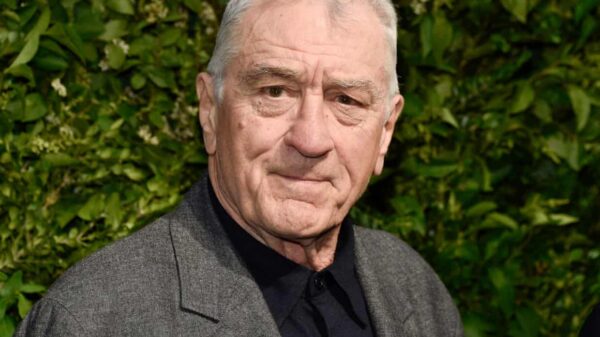A new chapter in the horror franchise arrives with the release of the film I Know What You Did Last Summer, featuring a return of Jennifer Love Hewitt alongside a fresh cast including Madelyn Cline and Freddie Prinze Jr. Set for release in March 2025, this film is being labeled a “requel,” a term that has gained traction in recent years for projects that blend elements of sequels and reboots.
The original I Know What You Did Last Summer, which debuted in 1997, became a cultural touchstone, particularly among fans of 90s horror. It starred a young Hewitt alongside Sarah Michelle Gellar and Prinze Jr, who became icons of the genre. Despite its nostalgic value, the original film mostly relied on its premise rather than delivering substantial thrills.
This latest installment aims to explore deeper themes as it follows a group of twenty-somethings haunted by a hook-wielding killer. The plot centers on their attempt to cover up an accidental death that occurred a year prior. The stakes are raised as the characters face the consequences of their actions, with a charge of manslaughter looming over them. In particular, Teddy (played by Tyriq Withers), the son of a powerful local figure, and his fiancée Danica (Cline) have much to lose.
While some familiar faces return, not all are reprising their roles. Sarah Michelle Gellar confirmed that her character, Helen Shivers, will not appear, stating simply, “I am dead.” This sets the stage for a new narrative while still tapping into the series’ roots.
The film’s protagonist, Ava (played by Chase Sui Wonders), is described as an “all-American girl” facing her own demons. However, critics have pointed out a lack of character development that makes it challenging to understand her motivations. Hewitt returns as Julie James, now a lecturer on complex post-traumatic stress disorder at a nearby college, while Prinze Jr portrays her ex-husband running a local bar.
Genre Expectations and Audience Engagement
Critics have noted that the film diverges from the traditional slasher genre, opting for a whodunnit structure instead. The director, Jennifer Kaytin Robinson, has been criticized for a lack of tension and for editing choices that detract from the horror elements. “We just had to jump right back into Julie and Ray, but when we did, it felt like we had never left,” Hewitt remarked in an interview with Harpers Bazaar about reuniting with Prinze Jr.
The filmmakers acknowledged the original’s restrained approach to violence, with Robinson stating, “There’s not a lot of gore or blood or violence in the first one. There certainly is in this one.” Despite this promise, early reviews indicate that the film’s sanitized portrayal of its characters may hinder audience investment.
The dialogue, crafted by Robinson and co-writer Sam Lansky, has also drawn mixed reactions, with some lines aiming for humor but landing awkwardly. This tonal inconsistency could affect how viewers engage with the film’s themes of guilt and morality.
Critical Reception and Future Implications
As horror reboots and requels continue to populate the cinematic landscape, I Know What You Did Last Summer finds itself in a crowded marketplace. The film’s success may hinge on its ability to connect with both nostalgic fans and new audiences.
While the original film remains a classic for its blend of suspense and youthful charm, this new iteration seeks to carve its own identity. Whether it can balance nostalgia with fresh storytelling remains to be seen.
As the horror genre evolves, this film exemplifies the ongoing conversation about morality, consequence, and the choices that haunt us. With a mix of familiar faces and new narratives, I Know What You Did Last Summer aims to engage viewers in a story that resonates with a new generation.





























































